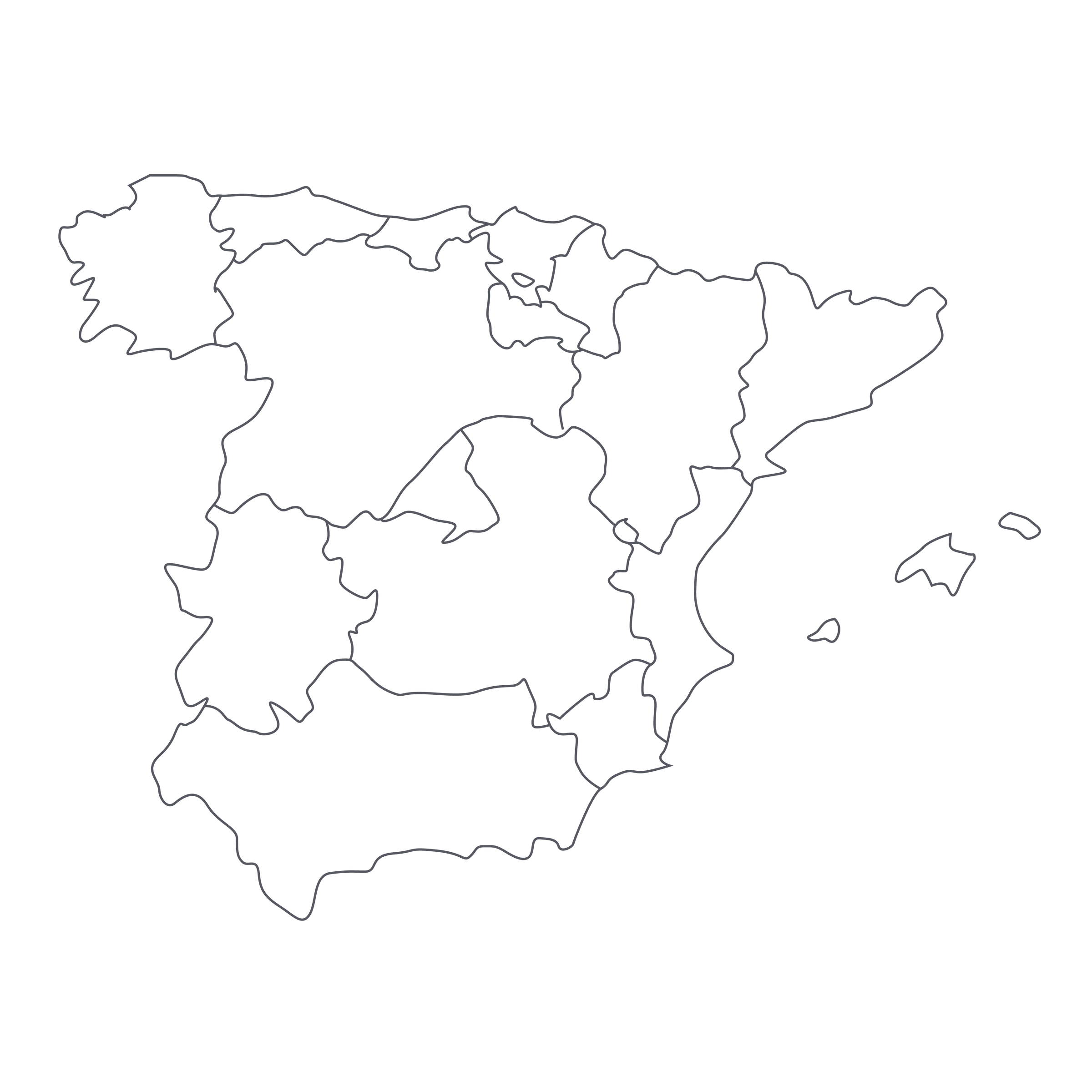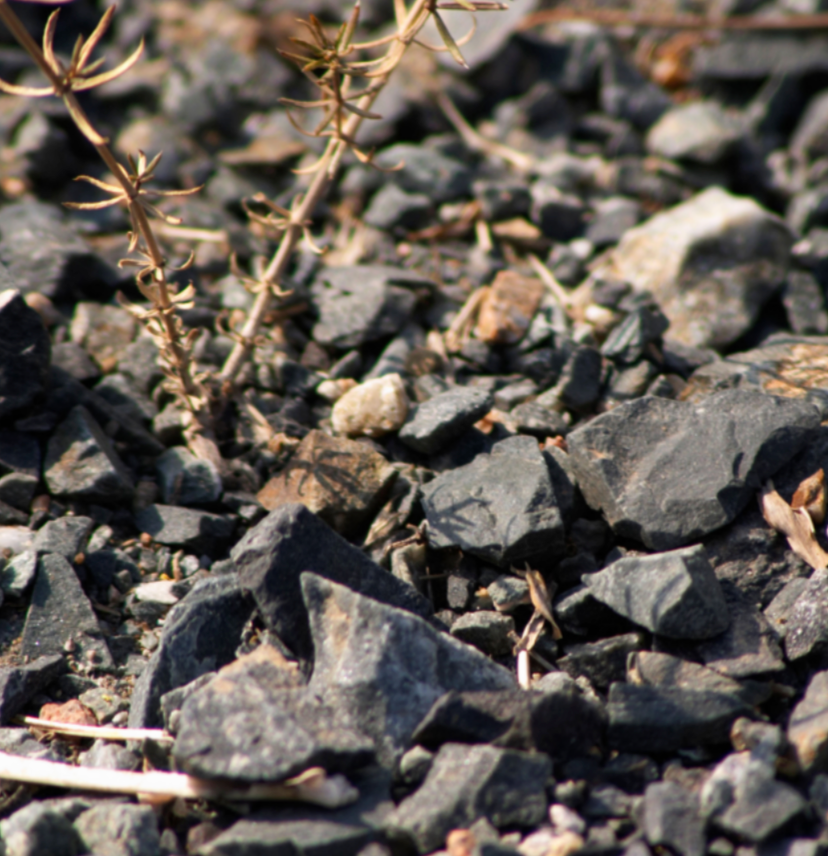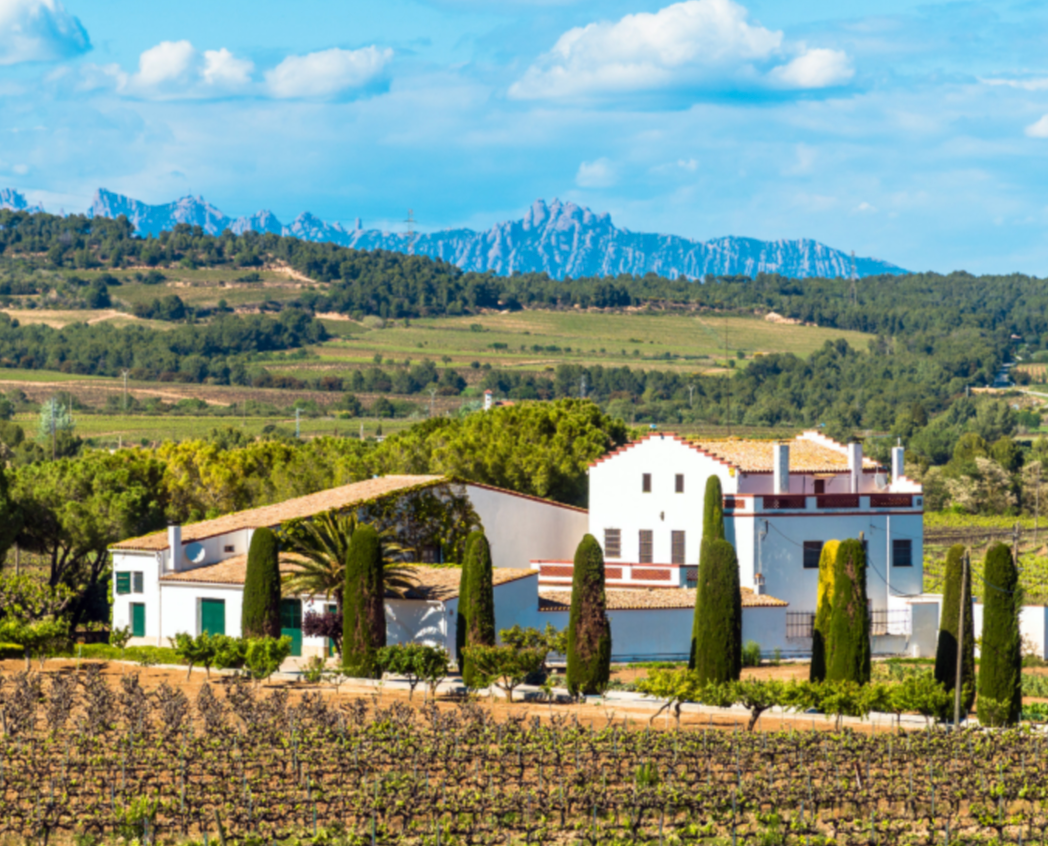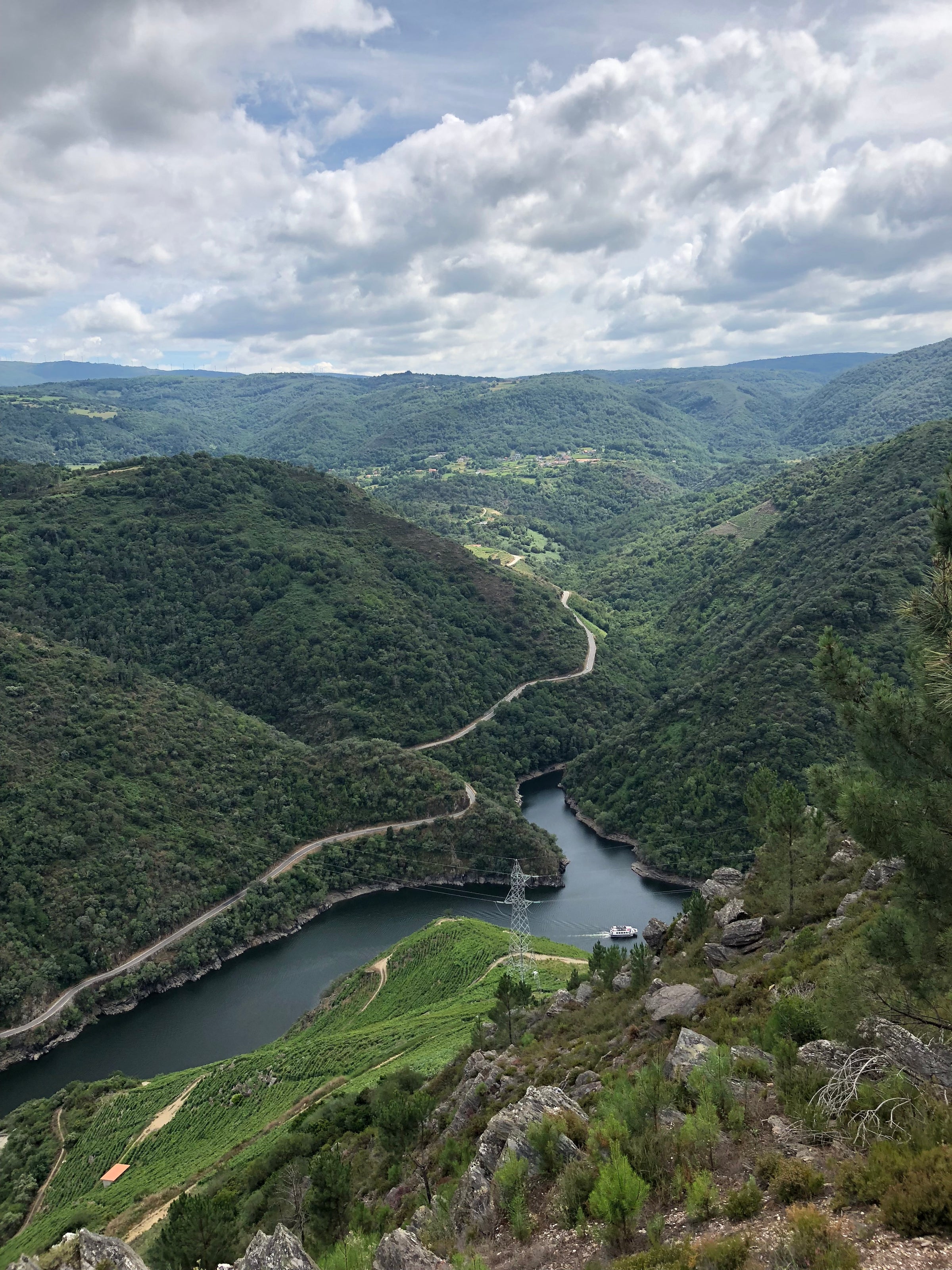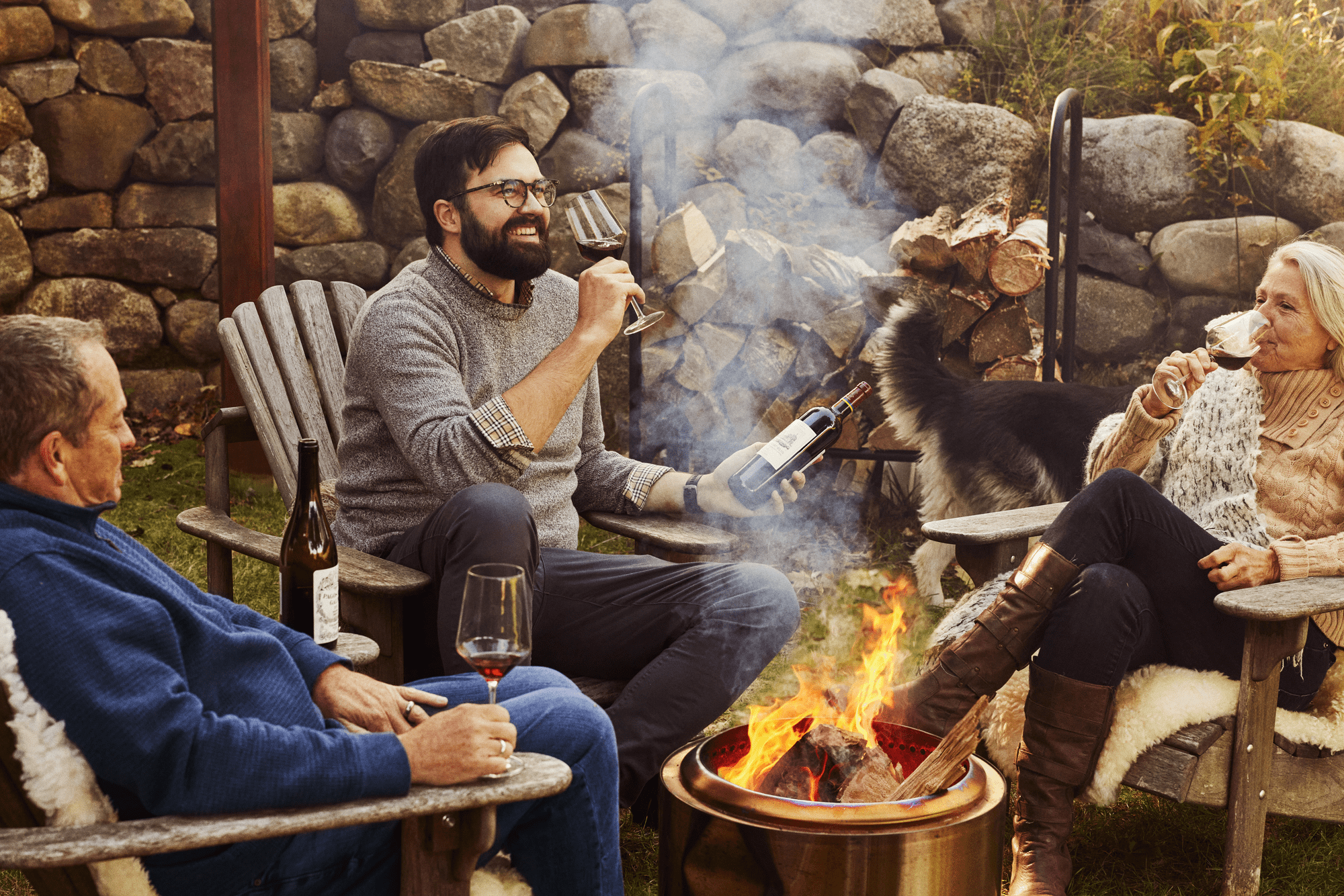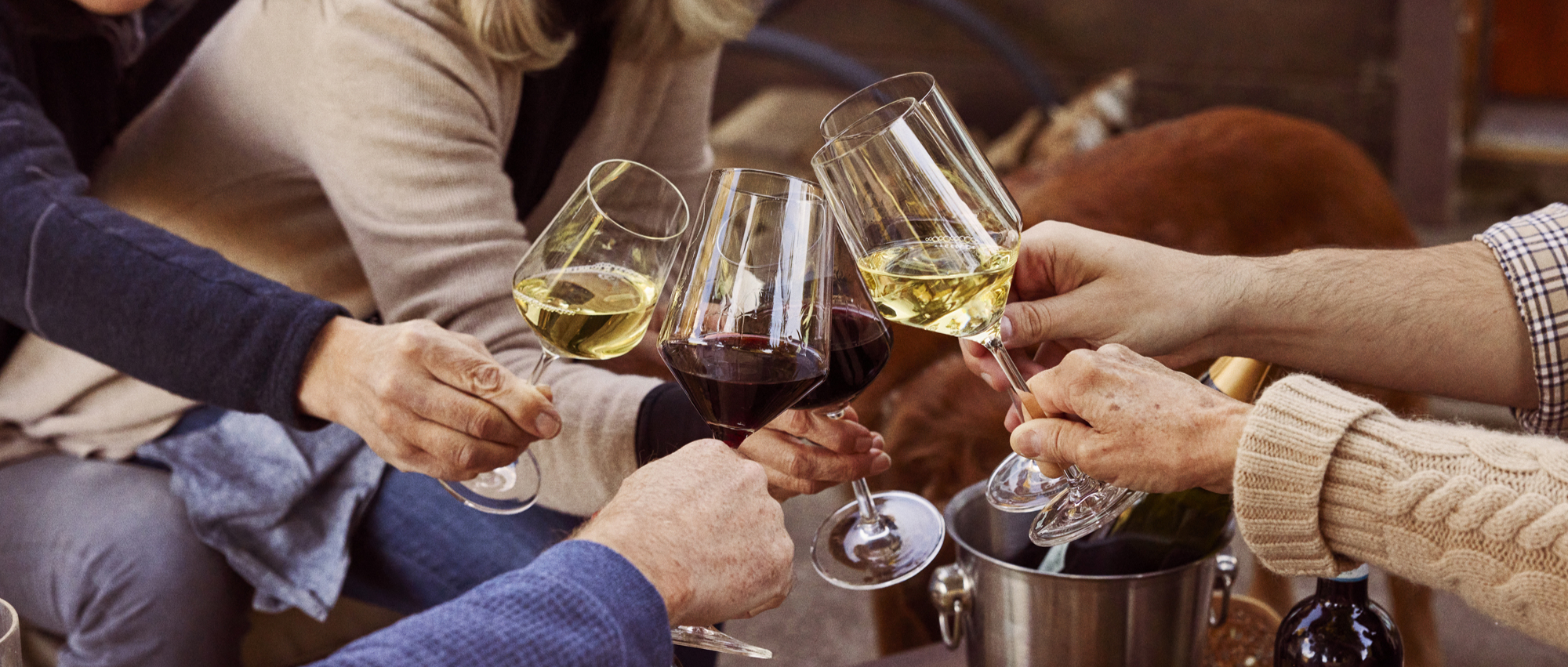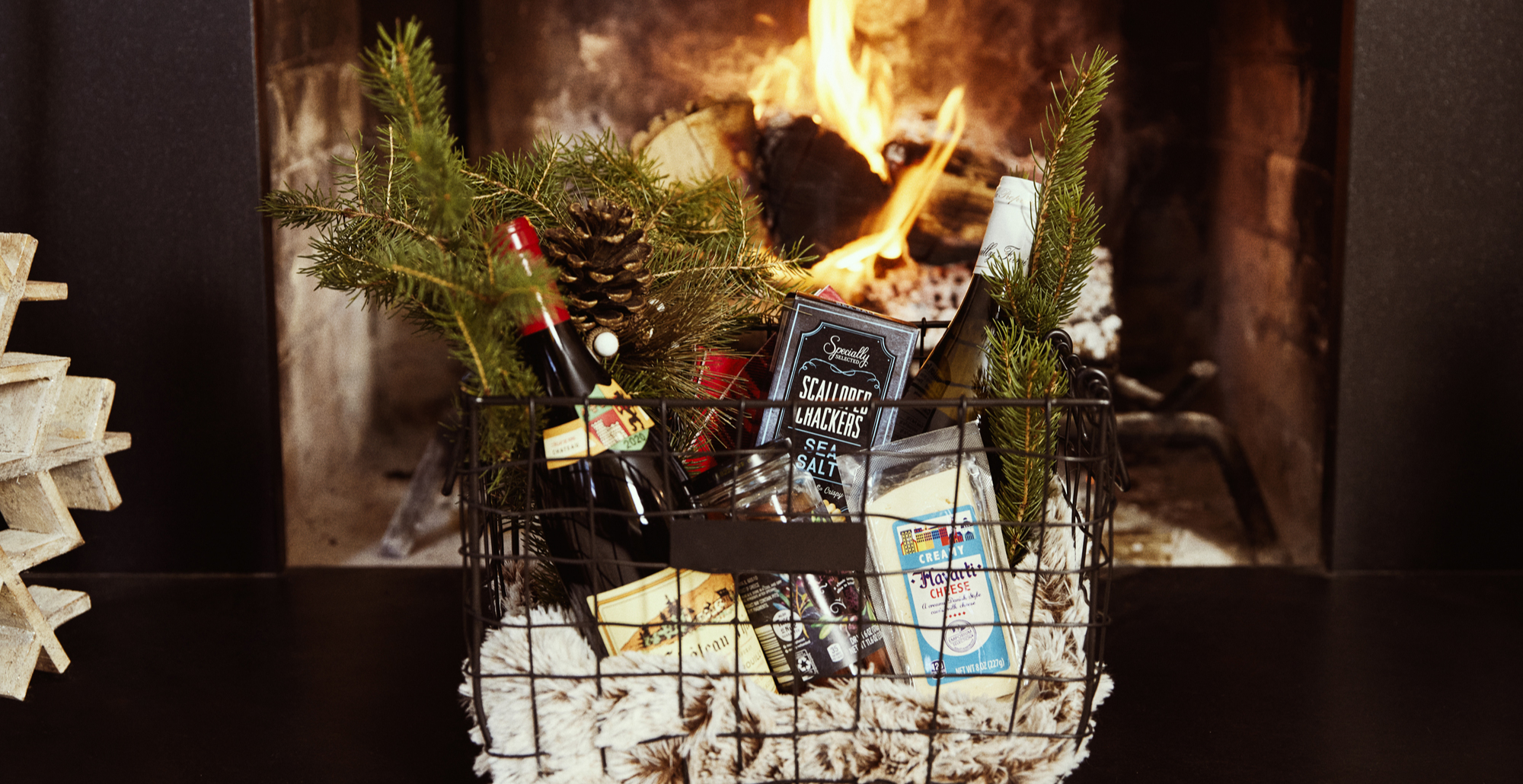Summer white wines should be a lot of things—vibrant, refreshing, crisp, fresh, citrusy, bright—but they should never be expensive or forgettable! That’s why coastal whites from Galicia, specifically Albariño from Rías Baixas, have stormed onto the scene in recent years. Their ability to so vividly capture a region, grape, and style all at once is why you’ll find sommeliers the world over drinking it as ravenously as Grüner Veltliner, dry Mosel Riesling, and Loire Valley whites.
From the celebrated Val do Salnés sub-zone of Rías Baixas, “Troupe” is a classic, traditionally styled Albariño that speaks of its coastal Atlantic origins in a refreshingly clear and melodious voice. Vinified and aged in stainless steel to preserve the purity of both variety and terroir, today’s bone-dry wine has the mineral tension, salty verve, and perfumed aromatics that will have you uncorking a second bottle in record time.
Mar de Envero, founded in 2007 by Manyo Moreira, is an ode to the soil, climate, and native grapes of the winemaker’s native Galicia. After working in vineyards across northwest Spain, from Bierzo to Tierra de León, honing his craft under the tutelage of the legendary Raúl Pérez, Moreira returned home to create wines that were purely his own. The winery takes its name from the Spanish word for veraison, “envero”—the turning point at which grapes begin to mature on the vine, when their color changes and their flavor becomes sweeter, signaling a new chapter of their journey to become wine. When Moreira, an avid surfer, witnessed this transformative moment for the first time, it felt magical to him, reminding him of ocean waves rolling onto the beach. Hence, Mar de Envero: Sea of Veraison.
Mar de Envero’s holdings consist of six and a half hectares spread over six plots in the Val do Salnés, on soil composed primarily of sand and granite. Moreira practices sustainable farming, using copper and sulfur treatments only when absolutely necessary for the health of the vines. In general, he takes a hands-off approach in both the vineyard and the winery to preserve the quality of the fruit, harvesting in 20-kilogram boxes for safe transport to the cellar. After de-stemming and pressing the grapes, the must is cold-macerated before fermenting at a cold temperature in stainless steel tanks for seven days, and then rests further in stainless steel until bottling.
While Moreira’s flagship wine, Mar de Envero, is an experimental rendition with skin contact and extended lees aging, “Troupe” is a purely classic Rías Baixas Albariño. Clean, acid-driven, and dripping with saline minerality, it’s a fresh and vibrant wine with just enough substance on the palate. Easy, but not simple, today’s wine shows a straw-yellow color, with hints of green, and powerful aromas of just-ripe peach, mango, pear, and passionfruit, accented by a seductive rose petal perfume. Tart flavors of lime, green apple, Meyer lemon, and juicy pink grapefruit refresh and satisfy through the lean but juicy finish. Cool off with Troupe on a hot day, served at a brisk 45 degrees in all-purpose white steams, paired with seafood or shellfish dressed in plenty of fresh herbs and citrus. The following coconut-and-scallop aguachile verde recipe just screams “summer.”
